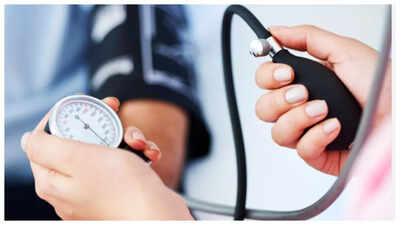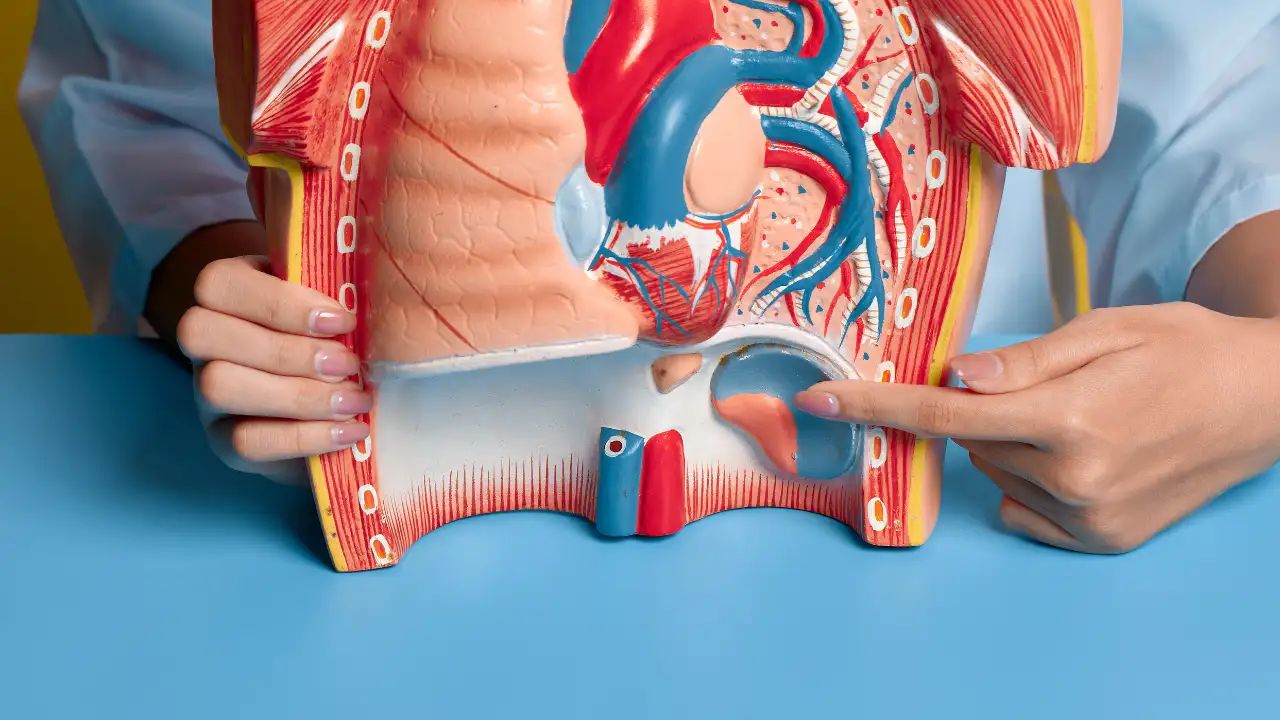
Ever walked into a doctor's office with normal Blood Pressure, but it turns out to be high when the doctor takes it? No, you are not alone. This is an extremely real scenario that occurs to many of us.
It is known as White Coat Hypertension, and while long thought of it as harmless, it is now turning out to be somewhat concerning. Let's take a look...What is White Coat HypertensionWhite coat hypertension means your blood pressure is higher when measured at a doctor's clinic or hospital, than it is at home or in other places. The name comes from the white coats that doctors and nurses often wear. For some people, just being around doctors makes them nervous or anxious, which causes their blood pressure to rise temporarily.Normal at Home, High at the Doctor: At home, your blood pressure may be normal. But at the doctor’s office, it goes up—even if you physically feel fine.Not Just “Nerves”: While anxiety is a big reason, some experts think white coat hypertension may be an early warning sign of future Hypertension.

Why Does It HappenSeveral things can cause white coat hypertension:Anxiety or Stress: Many people feel nervous about doctor visits or worry about their health constantly.
The condition is known as hypochondria and this stress can make your heart beat faster and your blood pressure rise.Fear of Bad News: Worrying about what the doctor might find in your reports (or whatever ailment you are talking to him about) can also trigger a temporary spike in blood pressure.Conditioned Response: Over time, just sitting in a doctor’s office can become a trigger, even if you’re not aware of it.Is White Coat Hypertension DangerousFor a long time, doctors thought white coat hypertension was harmless and nothing to worry about. However, it does pose some health risks. These includeRisk of Real Hypertension: People with white coat hypertension are more likely to develop true, long-term high blood pressure in the future.Heart and Blood Vessel Problems: Even temporary spikes in blood pressure can put extra strain on your heart and blood vessels, increasing the risk of heart disease and stroke over time.Not Always Harmless: Some studies show that people with white coat hypertension may have more organ damage or a higher risk of future health problems compared to those with normal blood pressure all the time.

How is White Coat Hypertension DiagnosedTo find out if you have white coat hypertension, your doctor may:Check Blood Pressure at Home: You might be asked to measure your blood pressure at home for several days, and make a note of them.
This helps compare home and office readings.Ambulatory Blood Pressure Monitoring: (on the prescription of a doctor) This is a special device you wear for 24 hours. It checks your blood pressure throughout the day and night, giving a clear picture of your real blood pressure.Compare Results: If your blood pressure is high only at the doctor’s office but normal at home or during daily activities, you likely have white coat hypertension.What should one doHere are some simple steps to manage white coat hypertension:Monitor Your Blood Pressure at HomeUse a reliable home blood pressure monitor.Take readings at the same time each day, sitting quietly for a few minutes before measuring.Record your results and share them with your doctor.Practice Relaxation TechniquesDeep breathing, meditation, or listening to calming music before and during your doctor visit can help lower anxiety and blood pressure.Try focusing on your breath or counting slowly in your mind while your blood pressure is being measured. Keeping a calm mind is half the battle won.Prepare aheadAvoid caffeine, smoking, or exercise right before your visit, as these can raise your blood pressure.Bring a list of questions to feel more in control and less anxious.Build a comfortable relationship with Your DoctorChoose a doctor who listens and makes you feel comfortable.Let your doctor know if you feel nervous during visits. They can give you time to relax before taking your blood pressure.Bring SupportBring a family member or friend to your appointment. Sometimes, just having someone with you can help you feel calmer.Healthy Lifestyle Habits (to be followed generally)Eat a balanced, low-salt diet.Exercise regularly.Get enough sleep.Don’t smoke, and limit alcohol.When is Treatment Needed?Most people with white coat hypertension do not need medication right away. However, your doctor may recommend:Regular Check-Ups: To watch for any changes or signs of real hypertension.Treating Other Risk Factors: If you have diabetes, high cholesterol, or other health problems, these should be managed carefully.Medication: Only if your blood pressure is high both at home and in the doctor’s office, or if you develop organ damage or other risk factors.Disclaimer: This article is informational only and not a substitute for medical advice. Always consult a medical professional if you experience any of these symptoms

 3 hours ago
1
3 hours ago
1






 English (US) ·
English (US) ·